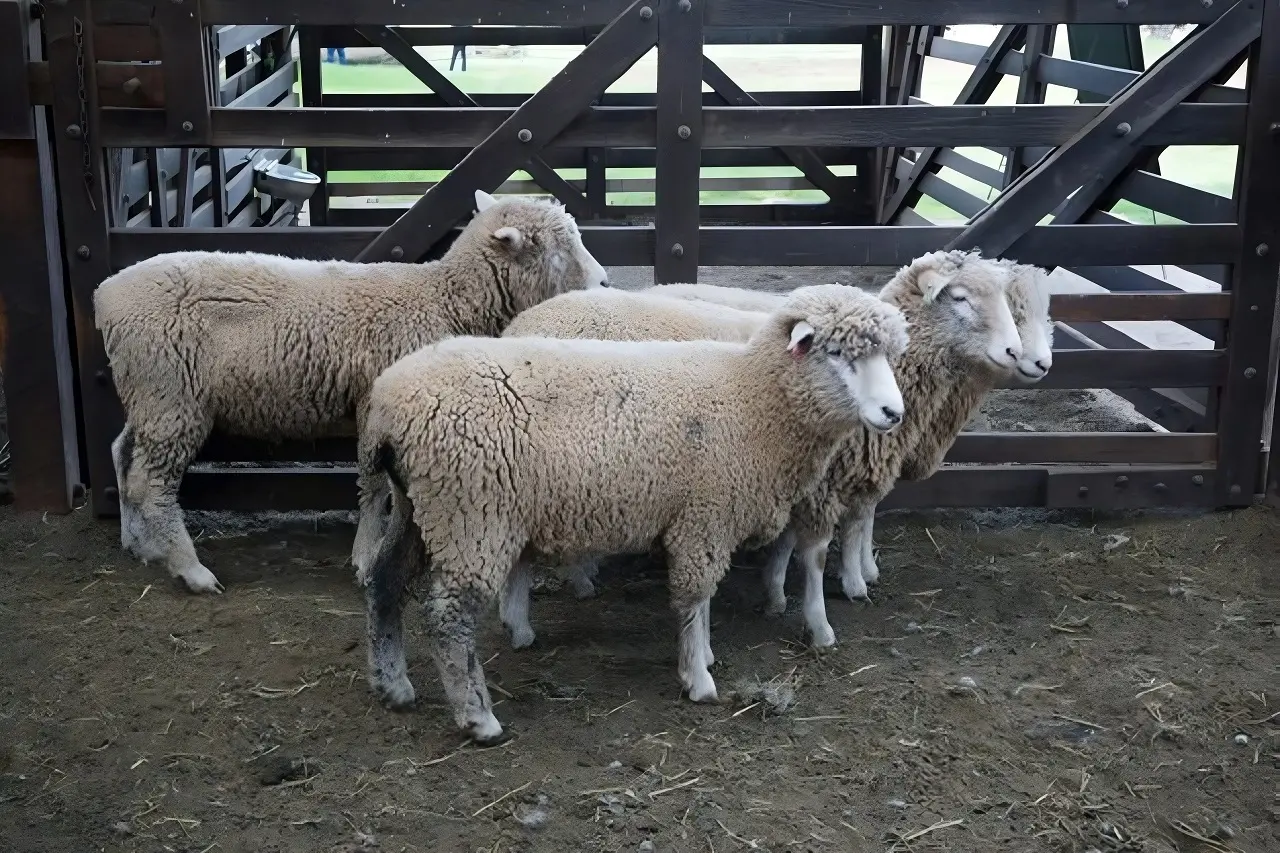Sheep farming is one of the most rewarding and sustainable livestock ventures in India. For farmers in Bangalore and across Karnataka, this business has become an attractive option due to the rising demand for mutton, availability of suitable breeds, and government support for rural entrepreneurs. If you are a beginner, this guide will provide you with all the essential knowledge you need to start and manage a profitable sheep farming business.
Also Read: Goat Farming in Bangalore
Why Sheep Farming in Karnataka is Profitable
Table of Contents
ToggleSheep farming has deep cultural and economic roots in Karnataka. Villages across Mandya, Bellary, Hassan, Tumkur, and other regions have been engaged in sheep rearing for generations. Today, the business is not only a tradition but also a strong source of income for small and large farmers alike.
Here’s why sheep farming is gaining popularity near Bangalore and other parts of Karnataka:
- High Mutton Demand in Bangalore – The growing population and thriving food culture ensure consistent consumption of mutton across restaurants, hotels, and households.
- Low Investment – Sheep require less infrastructure and care compared to other livestock, making them ideal for beginners.
- Multiple Income Sources – Farmers earn from mutton, wool, manure, hides, and even sheep milk in some cases.
- Government Support – Schemes and subsidies encourage rural youth to take up livestock farming.
- Adaptability – Local breeds are naturally suited to Karnataka’s climate and grazing conditions.
Choosing the Right Sheep Breeds
The first step in sheep farming is selecting the right breed. Karnataka is home to several hardy and productive sheep breeds. Beginners should focus on breeds that are disease-resistant and in high demand for meat production.
Some of the popular sheep breeds in Karnataka include:
- Mandya Sheep (Bannur Sheep) – Famous for its superior quality mutton and compact build.
- Bellary Sheep – Known for quick growth and adaptability.
- Hassan Sheep – Preferred for early maturity and high fertility.
- Nellore Sheep – Large body size and high meat yield.
When starting out, it’s best to begin with a small flock and gradually increase numbers as you gain experience.
Setting Up a Sheep Farm
1. Land and Housing
Sheep are natural grazers, so access to pasture land is essential. Even one acre of land can support 6–10 sheep, depending on the quality of fodder. In addition, you need a simple, well-ventilated shed with protection from rain, heat, and predators.
2. Feeding and Nutrition
The majority of a sheep’s diet comes from grass and natural grazing. To improve growth and weight gain, farmers often provide supplementary feed like grains, pulses, oil cakes, and mineral mixtures. Clean drinking water should always be available.
3. Healthcare
Good healthcare practices reduce losses and improve productivity. Vaccinations, deworming, and regular health check-ups are necessary. Farmers should learn to identify common sheep diseases such as foot-and-mouth disease, sheep pox, and parasitic infections.
4. Breeding
On average, a healthy ewe can produce one or two lambs each year. Controlled breeding practices ensure better flock growth and quality. Usually, one ram is sufficient for 20–25 ewes.
5. Training and Knowledge
Beginners can attend sheep farming training programs in Bangalore and Karnataka to gain practical knowledge about housing, feeding, healthcare, and marketing.
Profits and Income Opportunities
Sheep farming provides multiple income streams, which makes it highly profitable:
- Mutton Production – The biggest source of income. Due to the rising mutton demand in Bangalore, farmers can sell sheep easily in local markets.
- Wool Production – Some breeds produce wool that can be sold to textile industries.
- Sheep Milk – Though less common, sheep milk is highly nutritious and can be used in specialty products like cheese.
- By-products – Hides and skins can be sold to the leather industry.
- Organic Manure – Sheep droppings enrich soil quality, reducing dependency on chemical fertilizers.
A well-managed farm with 50–100 sheep can generate good returns annually, making this a sustainable agribusiness.
Benefits of Sheep Farming Beyond Profits
Sheep farming contributes not just to the farmer’s income but also to the rural economy and environment. Some additional benefits include:
- Employment Generation – Creates jobs for caretakers, herders, and suppliers in villages.
- Sustainability – Sheep farming encourages eco-friendly practices such as organic manure use.
- Cultural Value – In Karnataka, sheep rearing is part of rural tradition and lifestyle.
- Low Maintenance – Sheep need less feed and housing compared to larger livestock like cattle.
Mutton Demand in Bangalore – The Driving Force
One of the strongest reasons for the growth of sheep farming is the rising mutton demand in Bangalore. Being a cosmopolitan city, Bangalore consumes a massive amount of mutton every week. From star hotels and restaurants to caterers and households, the market is always active.
This demand ensures that farmers rarely face difficulty in selling their livestock. Many even enter into contracts with traders and butchers, receiving advance payments before production. For beginners, this is a huge advantage, as it minimizes risk and guarantees steady income.
Challenges in Sheep Farming
Like any business, sheep farming also has challenges. Beginners should be prepared to manage:
- Seasonal Fodder Shortages – Dry seasons can limit grazing opportunities.
- Disease Outbreaks – Poor management may lead to health issues in the flock.
- Market Fluctuations – Prices of mutton may vary depending on supply and demand.
- Predators and Theft – Proper fencing and security are necessary to protect the flock.
These challenges can be overcome with proper planning, training, and adoption of modern farming practices.
Future of Sheep Farming in Karnataka
The future of sheep farming looks bright, especially near Bangalore where demand is steadily rising. With better breed selection, improved farming practices, and support from government programs, sheep farming can provide sustainable income for thousands of farmers.
There is also a growing trend towards organic sheep farming, where farmers raise sheep on natural diets without chemicals or antibiotics. This not only ensures premium pricing but also meets the increasing health-conscious demands of consumers.
Conclusion
Sheep farming in Bangalore and Karnataka is one of the most rewarding agricultural businesses for beginners. With minimal investment, strong market demand, and multiple sources of income, it has the potential to transform rural livelihoods. By starting small, selecting the right breeds, and adopting modern practices, farmers can build a profitable and sustainable venture.
At Royal Farms, we are dedicated to supporting new farmers with guidance, high-quality breeds, and modern farming practices to establish the best sheep farming in Bangalore.
Read More:
EC Sheds in Poultry Farming: Benefits & Advantages













